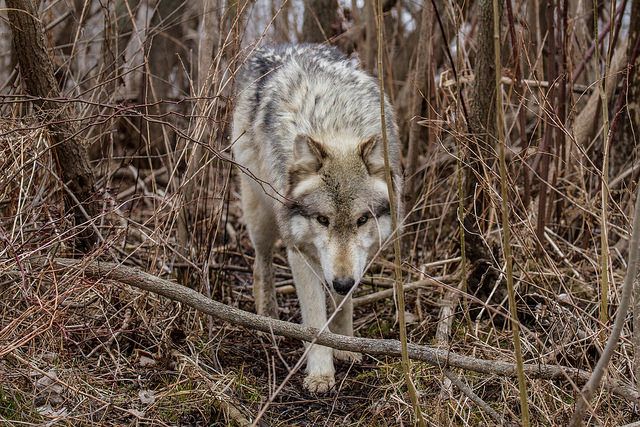It is believed that nine of the country’s 24 protected wolves have disappeared, presumably hunted down, from Danish wildlife. As a response the Danish Environmental Protection Agency is seeking recommendations to stop the illegal killings.
Back in 2012, 24 wolves were identified, and since then they have been individually tracked in order to protect them. In 2018 one of them was shot near Ulfborg, resulting in a 40-day probation for the perpetrator.
Since then, an additional nine have disappeared without trace.
More surveillance and oversight
A group of researchers has accordingly proposed 26 recommendation to tackle the issue. They have based their own framework on what other EU countries do.
They suggest more police surveillance and dialogue groups, where citizens can seek guidance. GPS collars were also mentioned as a possible solution along with more investigations into other offences involving wild animals.
The proposal has been submitted to the Danish Environmental Protection Agency for revision.
Dog adoption numbers soared during lockdowns
According to the Danish Kennel Club, the number of dog adoptions rose by 10 percent during the 2020 lockdown periods. People have more time to care for their pets, the club contends, whilst cancelled holidays have inspired many others to adopt during these times. The interest in dogs hasn’t been so great since the financial crisis of 2008. For now, the organisation is not worried that people will return their dogs once the lockdown is over.
Penguin-like birds spotted in North Jutland
Penguin-like birds such as razorbills and guillemots have been spotted in several ports in north Jutland. While they may look like their famous Southern Hemisphere counterparts, they can fly and that’s how they migrate to Denmark. They are around 40 cm in height, and typically they can be found in Norway, Scotland, Iceland and the Faroe Islands.
Five orcas spotted in Skagen
Five killer whales were spotted off the shore of Skagerrak over the weekend. The researchers kept eyes on them for about an hour and a half, as they slowly swam out west. They have been this near to the shore 20 times in the last 50 years, which makes Skagen the hotspot of whale watching.
Formation of wood can be followed in hopes to help the climate
A new research team at the University of Copenhagen have created a new method to see how wood is formed from the inside. They hope this will allow for creating stronger building materials and more climate-efficient trees. They can also change growing patterns, which could increase the tree’s ability to accumulate biomass, thus resulting in a slowdown in the CO2 emission rate.
Fish study investigating genetic cause of heart attacks among young people
Aarhus University has launched a new research that will study the hearts of zebrafish foetuses in the hope it will reveal the genetic cause of cardiac arrests sustained by young people. The project has received 2.5 million kroner from the Novo Nordisk Foundation. The grant will allow researchers to examine the hearts using CRISPR technology, which allows researchers to cut, replace and add genes.













